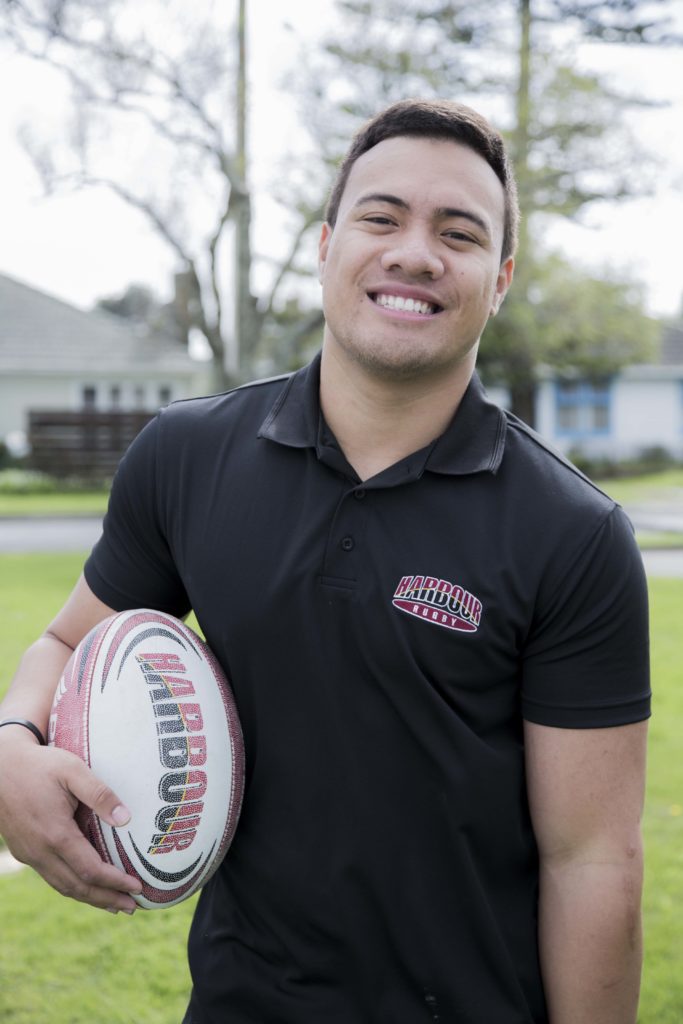Sport - an historically valued human practice
Sport has historically been recognised as an inherently worthwhile human practice. Sport was recognised by the public schools of Britain during the time of the industrial revolution, and team games particularly were encouraged not so much on grounds of physical development and health but because it was believed they fostered such virtues as leadership, respect, loyalty, courage, honesty, fair play, sportsmanship, self-reliance and self discipline. The ethos that was encapsulated in and through sport was that of the Christian gentleman. Bishop Selwyn from Oxford stated ‘they [sports fields] are a training of the future man for higher purposes than merely playing at cricket, or pulling a boat. It is part of that moral training through physical process which is necessary that man might be finished for good works.’
Or, another example, is in the Olympic charter: one of the fundamental principles of the Olympics is
stated as being ‘to place sport at the service of the harmonious development of man, with a view to
encouraging the establishment of a peaceful society concerned with the preservation of human
dignity.’
I will over the next posts look at three ways sport can play a part in moral character development.
November 2019.

The Philosophy of Michael Jordan
Michael Jordan, who is unofficially the greatest basketball player of all time, wrote in his booklet titled ‘I can’t accept not trying’ of various traits he consider essential. I’ll examine them over a series of posts. The first one I look at is fundamentals:
Fundamentals – “Everything I did, everything I achieved, can be traced back to the way I approached the fundamentals and how I applied them to my abilities…. But some guys don’t want to deal with that… Maybe they don’t practice ball handling because they don’t handle the ball that much. Maybe they don’t develop proper shooting techniques because they rely on their size to score. You can get away with it through the early stage, but it’s going to catch up with you eventually…. It’s like they’re so focused on composing a masterpiece that they never master the scales.”
Interestingly he spoke of another legendary player Larry Bird and said ‘He essentially mastered the fundamentals to the point that he overcome any physical limitations he might have had. It sounds easy, but it isn’t. You have to monitor your fundamentals constantly because the only thing that changes will be your attention to them. The fundamentals will never change.’
Another term for this is ‘training smart’. You need to think about the various skills needed to play your position well in sport and your strengths/weaknesses in those skills. If there is an essential skill for your position that you are weak at, perhaps you need to focus on improving that skill over the next period.
